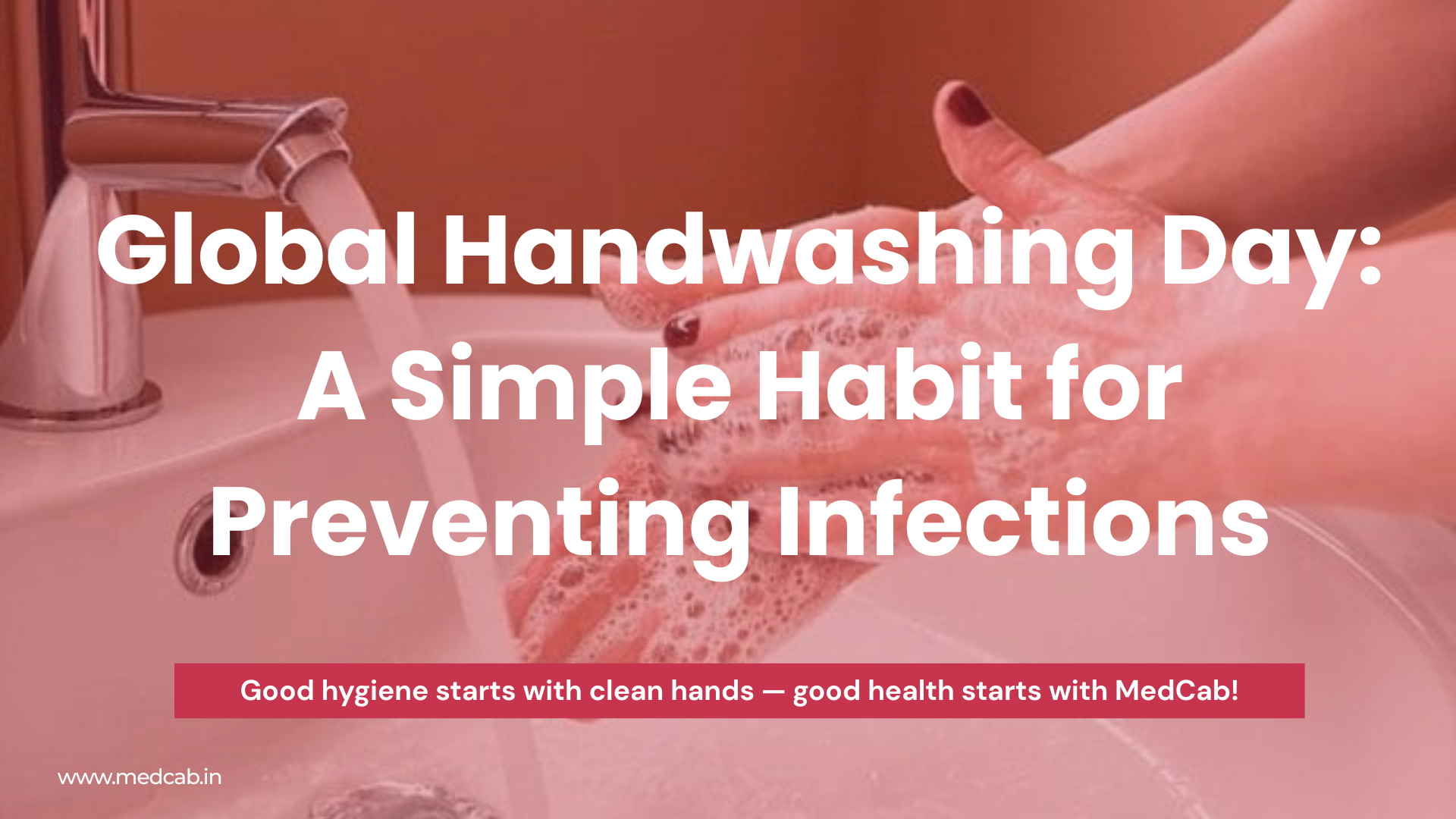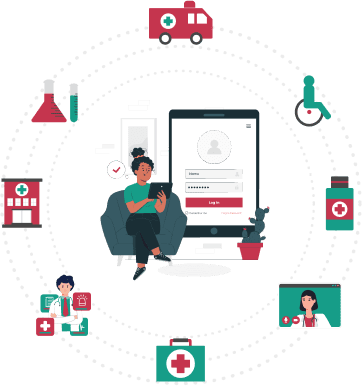Global Handwashing Day: Prevent Infections
Introduction
Handwashing is one of the best ways for the prevention of germs, bacteria and viruses. It is a healthy habit that all individuals should follow to prevent the spread of infections. Proper handwashing can also help ensure that germs are not transferred to food, surfaces and other individuals. This is why washing hands protects oneself as well as the surrounding individuals. Global Handwashing Day is celebrated on 15th October each year. It helps raise awareness about the importance of regular handwashing. The aim of Global Handwashing Day is to generate support for proper handwashing techniques of using soap and water. In this article, learn about the relationship of regular handwashing and infection control.
Handwashing and Infection Control
Handwashing is an excellent technique for infection control. It is considered to be the single most effective technique for preventing the spread of infections. The technique involves wetting hands, applying soap, and scrubbing all surfaces for at least 20 seconds, including the backs of hands, between fingers, and under nails. This is followed by rinsing of the hands with water and drying the hands thoroughly. In cases where soap is not available, it is recommended to rub alcohol-based hand sanitiser with at least 60% alcohol.
Following proper handwashing techniques can prevent the spread of the germs that cause respiratory and diarrheal infections. Furthermore, proper handwashing also protects vulnerable populations, including children, elderly individuals and persons with a weak immune system. This is why it is important to make handwashing a priority on this Global Handwashing Day.
When Should I Wash My Hands?
Some of the key periods when you should wash your hands include –
- · Before and after eating food.
- · During the prep for a meal.
- · After touching your pet.
- · Before and after caring for a sick person.
- · After handling waste
- · After using the washroom.
- · After coughing or sneezing.
- · Before and after caring for a wound.
How to Prevent Infections?
Being able to prevent the spread of infections is better than seeking to cure them. Some of the key precautions one can take to prevent the spread of infections include the following –
- Handwashing Hygiene: Wash hands with soap and water for 20 seconds thoroughly, or choose to use a hand sanitiser in cases where soap and water are not available. Washing hands several times throughout the day can be beneficial.
- Staying Home during Sickness: Stay home during periods of infection, so that other individuals in the community are not affected.
- Covering Mouth and Nose during Sneezes: This can help prevent the spread of germs through the air and to other surfaces, in turn, protecting vulnerable individuals.
- Physical Distance from the Sick: Maintaining physical distance from sick people is important, so that germ transmission in public places can be limited.
- Clean and disinfect frequently touched surfaces: with household cleaners to kill germs.
- Food and Water Safety: Handle food carefully and safely to prevent the spread of infection.
- Early Treatment: It is important to consider early treatment through diagnosis and blood tests, so that the infection can be cured as soon as possible, and further spread can be prevented.
Infection Blood Tests with MedCab
Blood tests during infections can help with diagnosis and treatment. Blood tests are key to understanding the type and severity of the infection. MedCab offers a number of package deals for measuring various types of markers for infections. MedCab provides excellent, rapid sample collection services at budget prices. Our sample collection professional will reach the location of your choosing, be it home or office. Avoid crowded areas and the risk of infections in pathology labs by choosing MedCab’s blood sample collection services from the convenience of your home. Some of the package deals offered by MedCab for infections include the following –
- MedCab Full Body Check up Comprehensive: 85 tests including CBC Profile, Urine Profile, Lipid, KFT, LFT, Glucose Fasting, ESR, IgE Total antibody, Iron Studies, RF, Thyroid Profile Total, Vitamin etc.
- MedCab Dengue Fever Care: 55 tests including CBC Profile, Widal, Dengue, LFT (Mini), ESR, Urine Profile test, etc.
- MedCab Advance Fever Care: includes 57 parameters, such as CBC Profile, Widal, Malaria, Dengue, Chikungunya, LFT (Mini), Urine Profile test, etc.
- MedCab Advance Fever Care Extended: includes 70 parameters, such as CBC Profile, Thyroid Total, Malaria Card, Dengue, Chikungunya, LFT (Mini), CRP, KFT, ESR, Urine Profile test, etc.
Conclusion
In conclusion, Global Handwashing Day marks an important day towards raising awareness about the most significant step in preventing the spread of infections. Infection control can be achieved through twenty seconds of proper handwashing. Other precautions can also be taken to prevent the spread of infections, though handwashing is the best option. Using MedCab’s home sample collection services can also be beneficial if blood tests are required. One can avoid crowded pathology labs and get the blood samples collected at the comfort of their homes with MedCab. Furthermore, MedCab offers a number of excellent packages aimed at infection diagnosis. So book a blood sample test today with MedCab’s pathology services.
Download the MedCab Mobile App: https://play.google.com/store/apps/details?id=com.medcab.consumer&hl=en_IN
Learn More About MedCab’s Pathology Services: https://medcab.in/blog-detail/medcabs-pathology-services-home-sample-collection-made-easy






